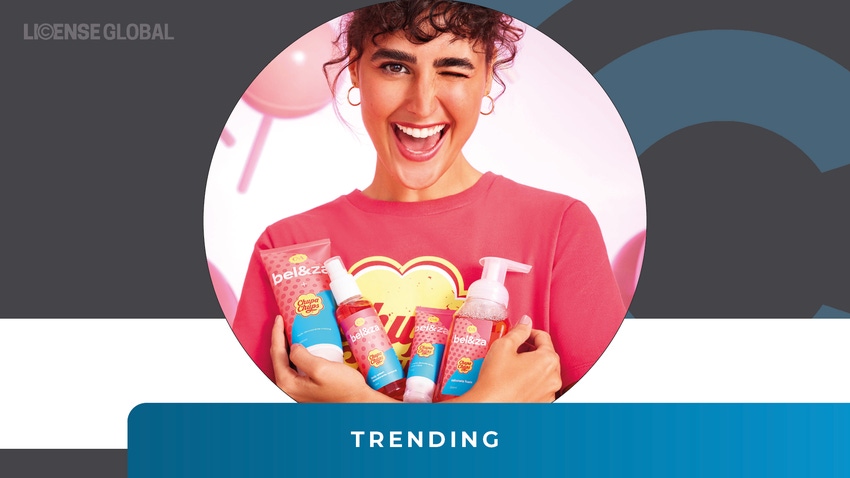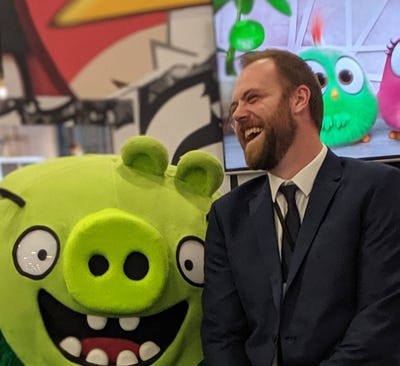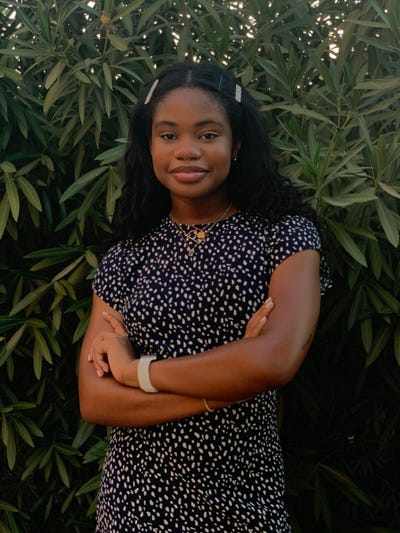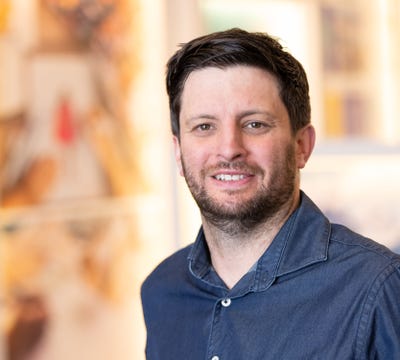How is Brand Licensing Becoming More Creative?
Several licensing executives from the likes of Hasbro, BBC Studios, Fanatics and Bandai Namco discuss the importance of creativity when it comes to brand licensing.

Tapping into the "Brands at Play" theme, which will run across License Global, Brand Licensing Europe and Licensing Expo in 2024, the License Global team sat down with several executives from across brand licensing, to find out what creativity in licensing means to them and why creativity is important to maintain consumer engagement.
This compilation video features contributions from Andrew Carley, director, global licensing, BBC Studios; Richard Pink, managing director, Pink Key Licensing; Younes Layati, senior director, licensing, Fanatics; Clement Monteil, merchandising and licensing manager, ASO (Tour de France); Maarten Weck, executive vice president, managing director, WildBrain CPLG; Casey Collins, senior vice president, general manager, global consumer products, Hasbro; Marta Ballesteros, global licensing manager, Perfetti Van Melle; Aadil Tayouga, director, licensing and business strategy, Bandai Namco and Jelena Stosic, strategy director, Kids Industries.
Explore each of these interviews in full and read the transcripts below.
License Global: How do you see licensing becoming a space to be more creative and play with the brands that consumers love?
Andrew Carley, director, global licensing, BBC Studios: I don’t see it as a sudden step-change; what we are seeing is the growing importance of joining all those different elements together. Everybody now wants to see those dots joined together, and that’s becoming increasingly important. It hasn’t suddenly happened, but that’s the element that I find most exciting because now no longer is licensing one-dimensional. Licensing needs so many different components, which all must be joined up in order to create success. It makes it an incredibly fascinating industry to be in.
The days of just putting a product into retail and hoping it will sell have long gone. It’s a much more mature grown-up industry than it was 20 years ago, and I think it’s the better for it. The industry is much more creative, and we get the opportunity to talk directly to consumers, gather feedback, do market research to understand how consumers are interacting, not just with the product, but with the content. The depth of understanding we now have of markets, consumers and the industry in general is enormous and a benefit to everybody.
Richard Pink, managing director, Pink Key Licensing: You can’t possibly imagine the places that this could go. We’ve got a number of brands that we look at and go, “There’s some wild ideas of where we can take this brand.” For instance, with a brand like Peperami, there are so many things that we could do with that brand that resonate with the consumer.
What we try to do is push the boundaries for the brand a little bit and gradually get them to move a little bit on these things. I think that’s really where most brands are going to go because the more they see it, the more likely they are to almost give permission for it to go to places where it’s never been before.
It’s interesting to look at how a food brand will adapt into a trend. For example, there was a trend a while ago for Far East language and Far East text on a brand, so we’ve seen, for instance, a Kellogg’s range of products in Europe with Far East text on the packaging.

Richard Pink, Pink Key Licensing, during his interview at Brand Licensing Europe
Younes Layati, senior director, licensing, Fanatics: The product is the first point of connection between the fans and the brand. Unfortunately, it’s not going to the stadium because you can’t have the 20 million people who are following a club on Instagram all in the stadium. You can’t have all of your fans watching the game on the TV because of the time zone or streaming restrictions. So, the easiest way to connect your fans and your club is through the product. To educate your fans, you need to have relevant products.
I hate when we do pink products for women. I hate when we think we have to have a character on the product if it’s for kids. Everybody says women are difficult to understand, but that’s not true; otherwise, Bershka, Mango and H&M would have failed. It’s about taking the time. If you want to have women coming to your products, first, you need to do the research. For instance, who is buying your oversized T-shirts? Do you think it’s all men? No. Maybe it’s not about what you put on the product, maybe it’s about shape, maybe it’s about the fabric. You need to study your customers and take a chance.
I think the licensing business is very creative, very responsive, and we have opportunities, especially in sports, but I also think we could be much better.
Clement Monteil, merchandising and licensing manager, ASO (Tour de France): In licensing, we are always working on the creativity to mix two brands. Licensing has the power to enable us to create an original and creative story.
Maarten Weck, executive vice president, managing director, WildBrain CPLG: Nowadays, you need to be surprising. Consumers can tap into everything, whether online or brick-and-mortar, so the visibility is very high of what the offerings are. For instance, look at “Teletubbies” with Christian Cowan doing a high-end collaboration in spaces where you don’t expect “Teletubbies” to be, but when consumers see it, it provides real added value. That’s where the fun, creative and colorful parts of licensing come into play.
Casey Collins, senior vice president, general manager, global consumer products, Hasbro: Hasbro has a portfolio of amazing brands and, as a toy company, we focus on some franchises that manufacture the toys but, for the most part, we have so many brands that we work with, other toy companies or other licensees to manufacture products. For us, it’s all about innovation. We can take an item like Easy Bake Oven, for example, that hadn’t innovated in many years, and we were able to go to a partner like Just Play and are now in the process of reintroducing Easy Bake Oven with new technology and new SKUs around the world. So, not only do we have a generic oven, but we’re also going to have multiple food items that kids can play with.
Marta Ballesteros, global licensing manager, Perfetti Van Melle: Licensing is an exceptional business model that connects brands by bringing two strong brands together and encouraging the collective thinking of both companies’ marketing teams. Licensing serves as a creative playground for brands, allowing each party to bring their expertise to drive innovation.
Aadil Tayouga, director, licensing and business strategy, Bandai Namco: This industry is incredibly creative, and, as a licensor, it’s great to rely on the creativity of the licensees to add more experience to the fans.
Jelena Stosic, strategy director, Kids Industries: Insufficiently, I would say. I think the intention is there, and some of the benchmarks are there, but it’s scary to let go of your brands a little bit, to allow more creativity. For the most part, the brands themselves are being more creative, developing and adapting their style guides a bit faster for consumer needs, being more playful with content.
This article featured in December's issue of License Global. Read the issue now ...
Read more about:
BBCPink Key LicensingFanaticsTour de FranceWildBrain CPLGHasbroPerfetti Van MelleBandai NamcoKids IndustriesLicense Global LiveGlobalLicense Global OriginalBrand Licensing EuropeDecember 2023Brands at PlayAbout the Author(s)
You May Also Like











